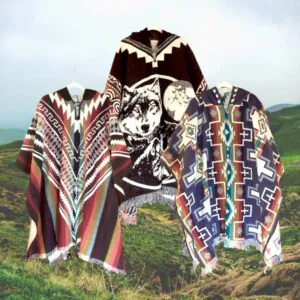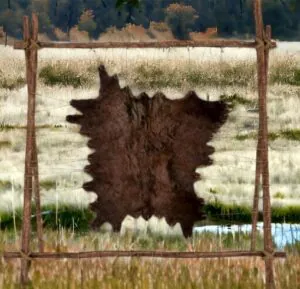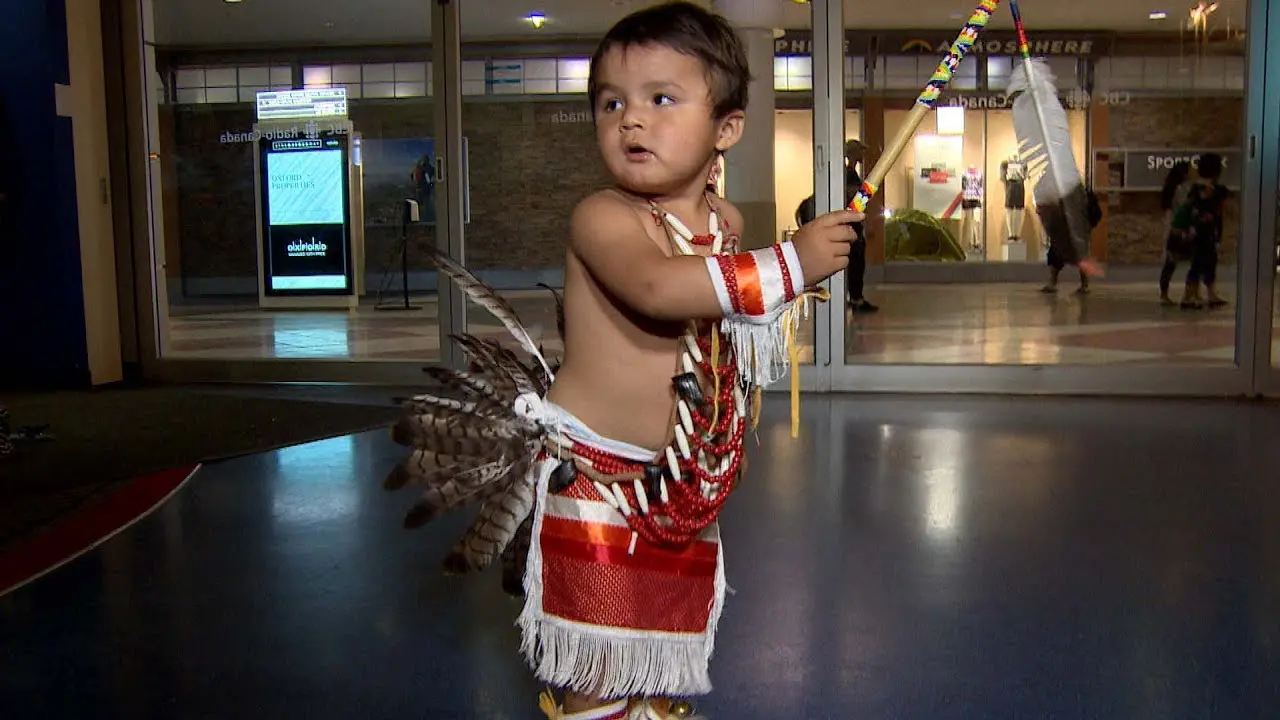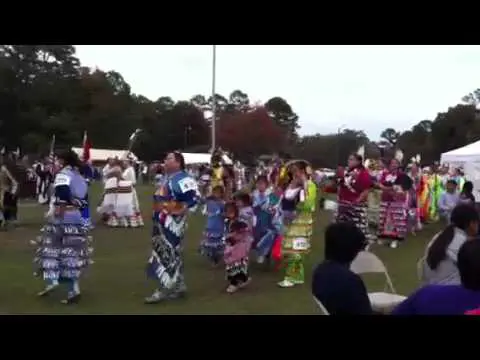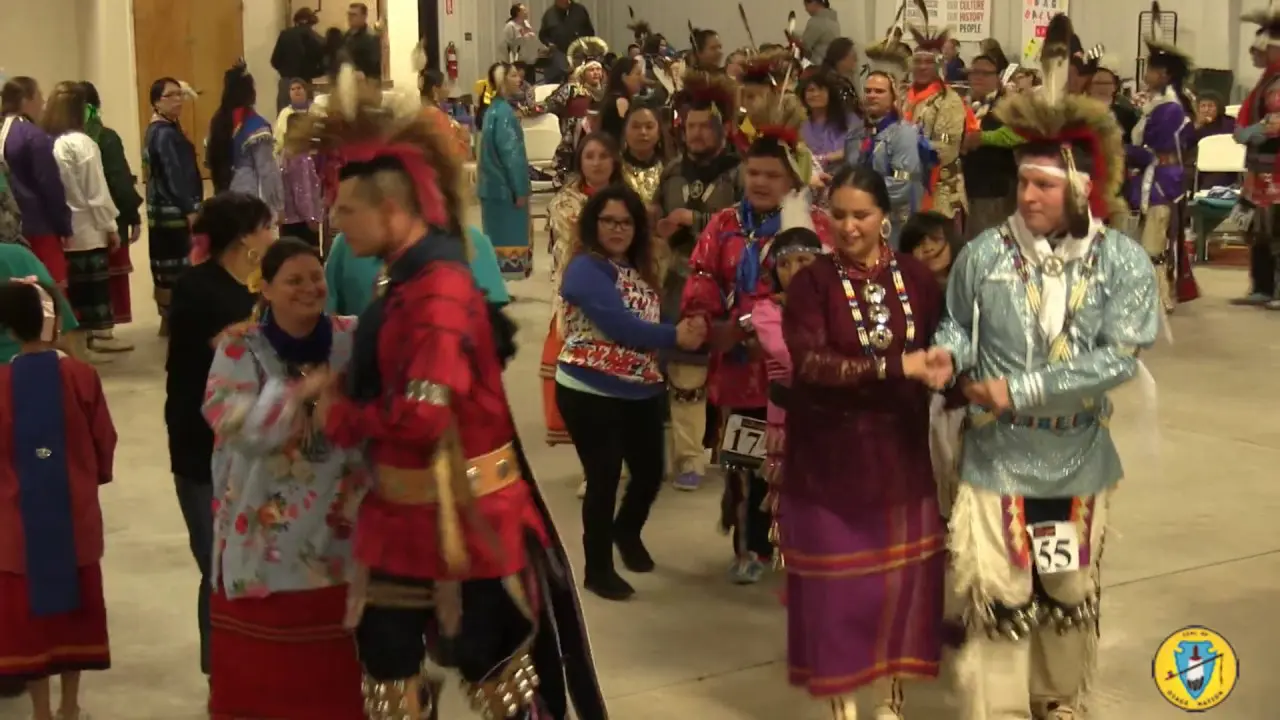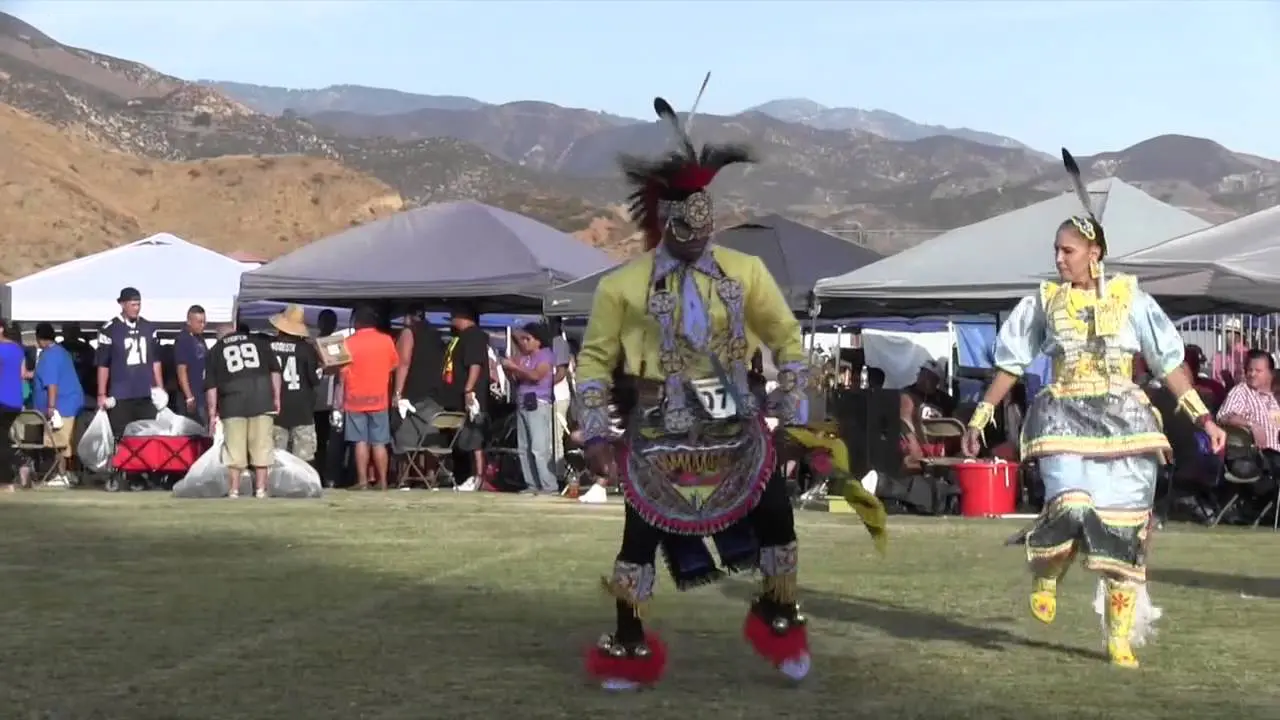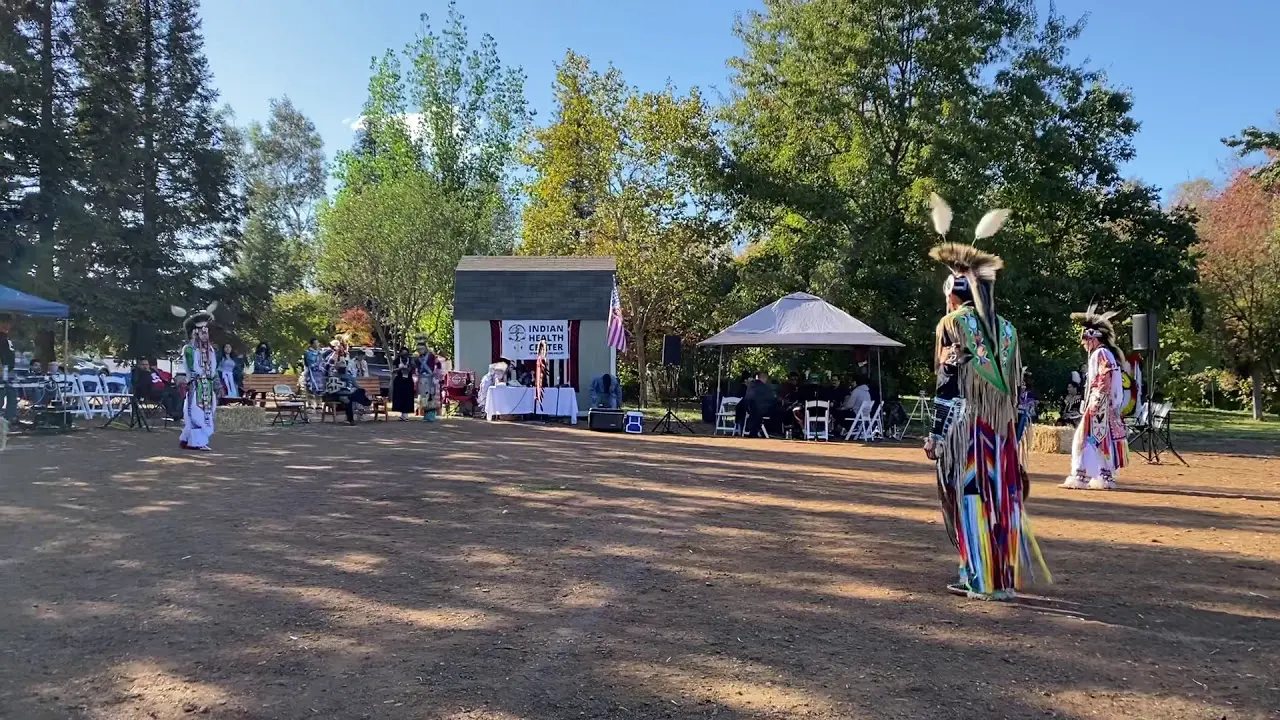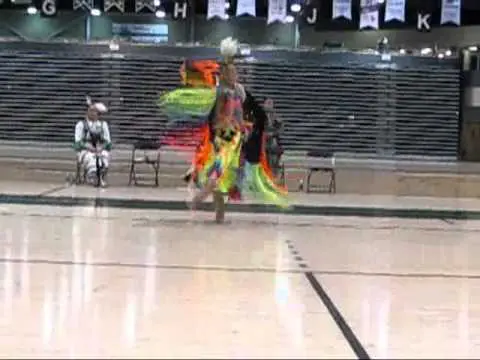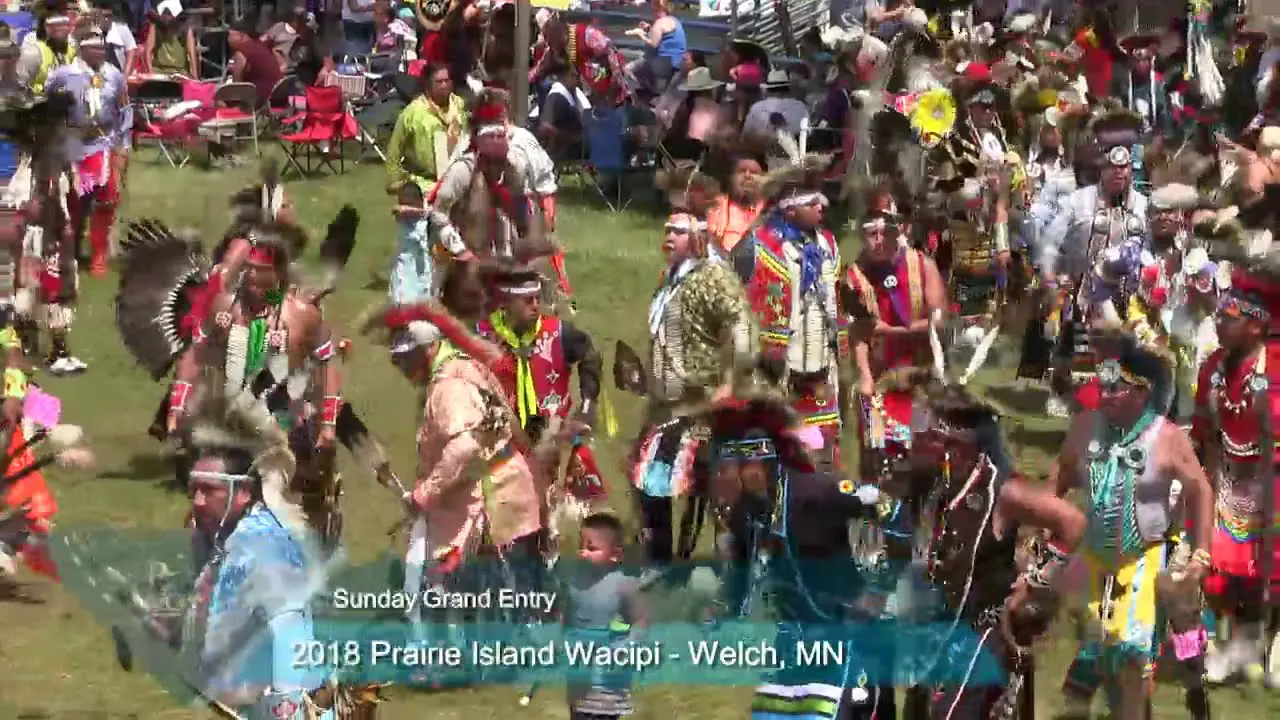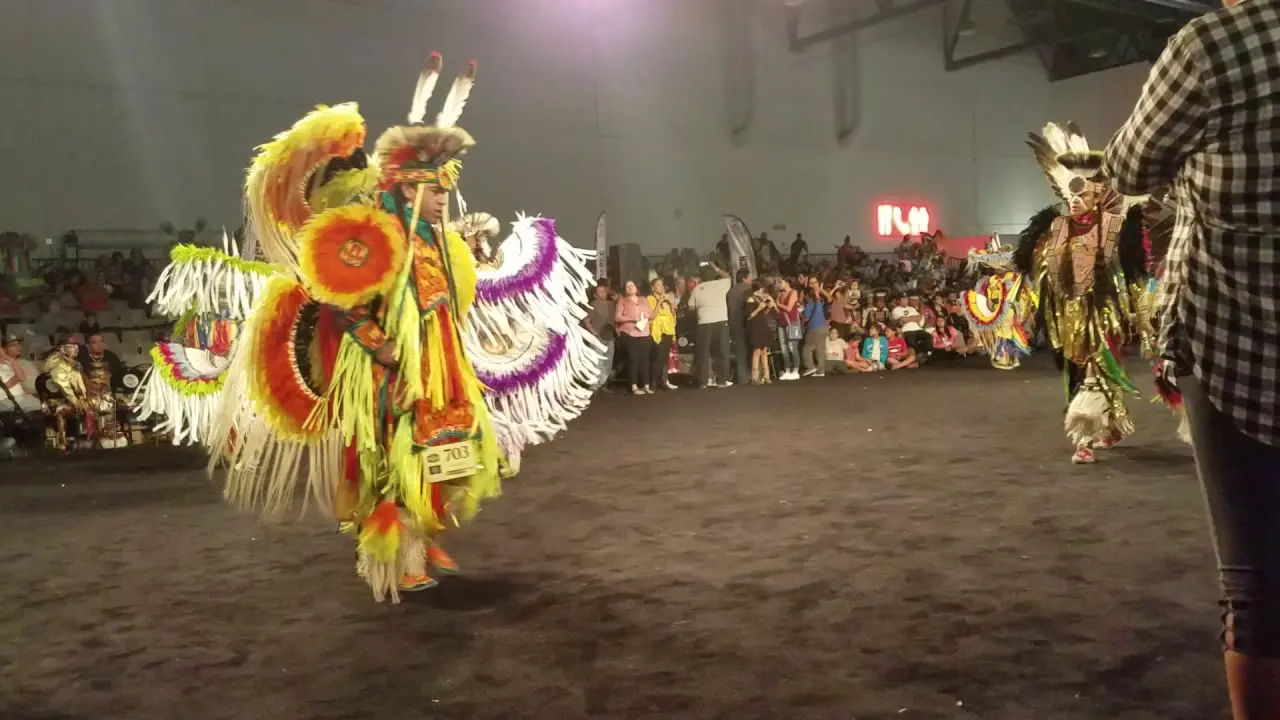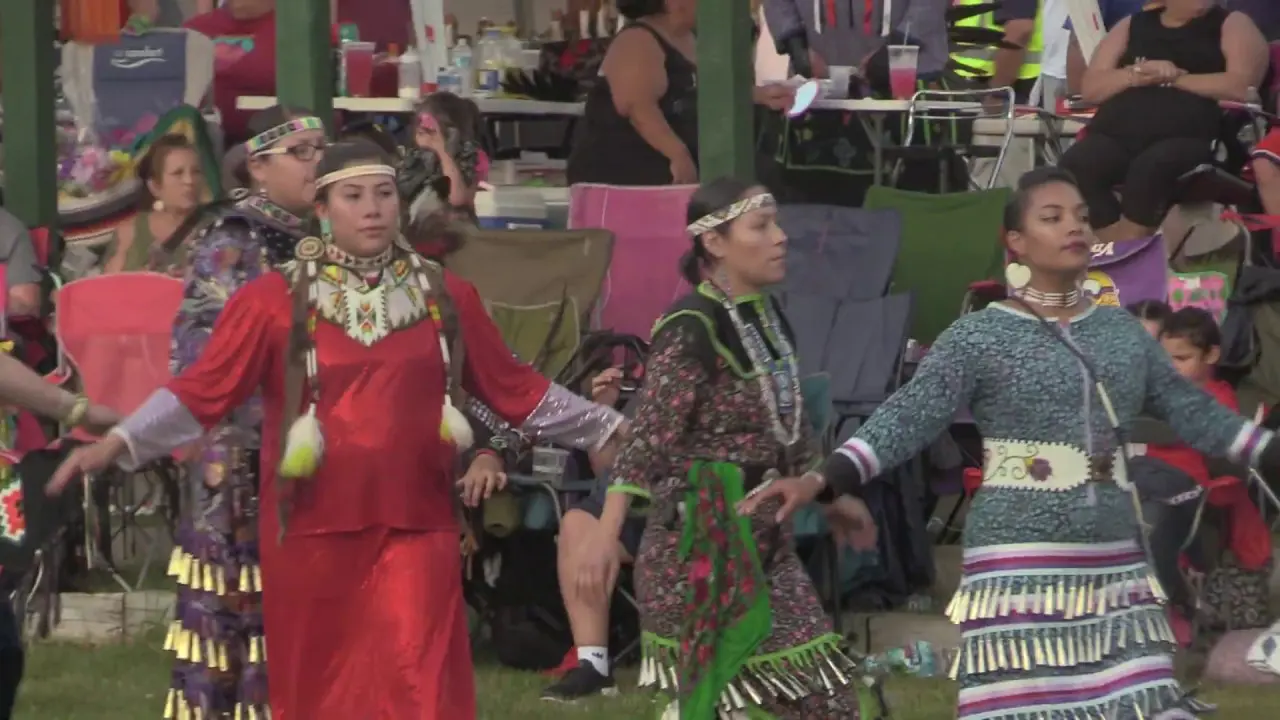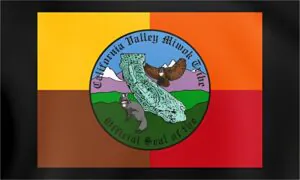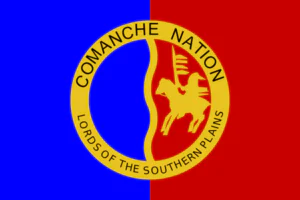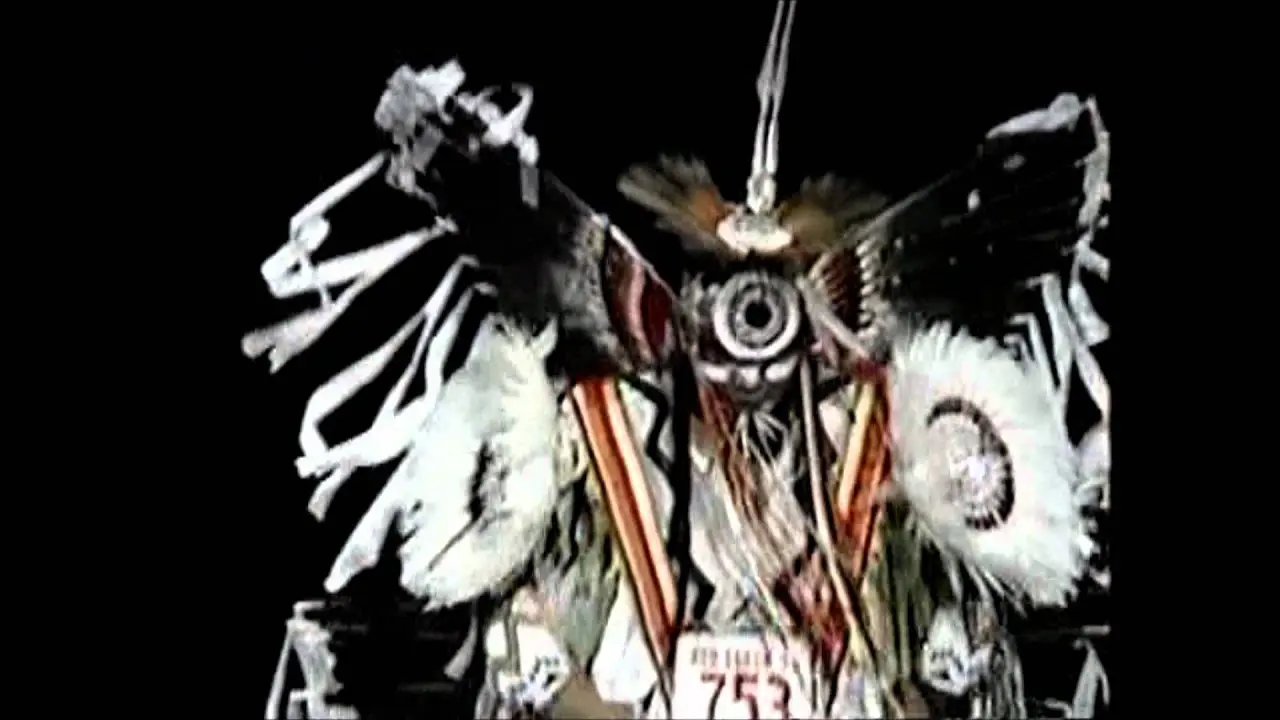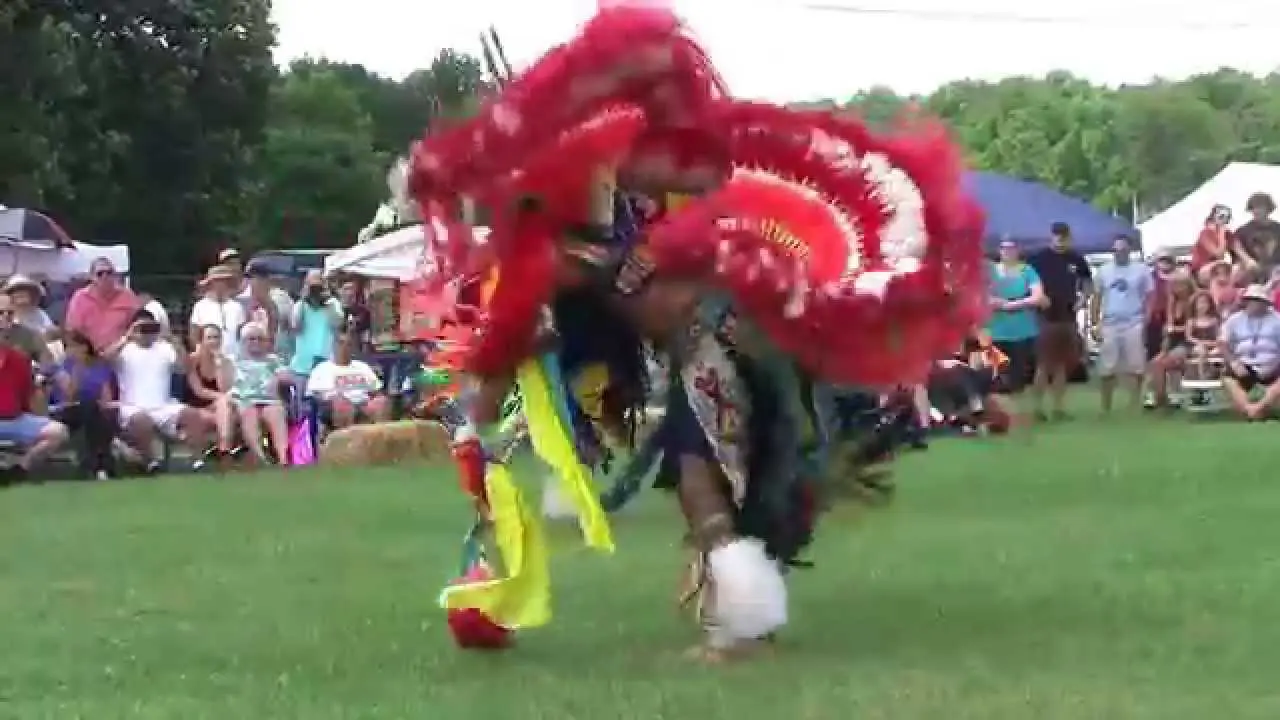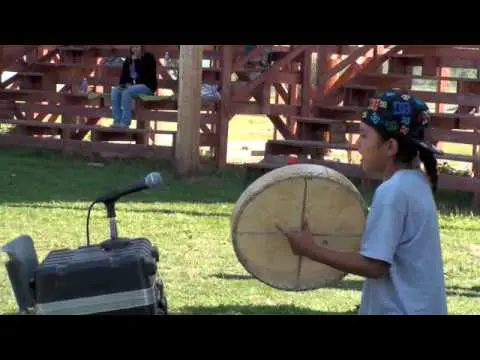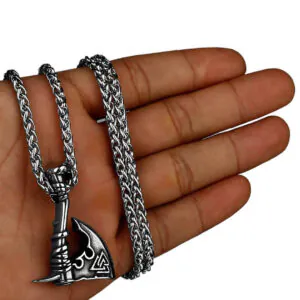Introduction to the Mashantucket Pequot Indian Tribe
The Mashantucket Pequot Indian Tribe, a vibrant and resilient Native American community, is located in southeastern Connecticut. With a rich history that stretches back thousands of years, the tribe has played a crucial role in shaping the cultural landscape of the region.Recognized as a sovereign nation by the U.S. federal government in 1983, the Mashantucket Pequots are perhaps best known for their successful endeavors in gaming and tourism, especially through the operation of one of the world’s largest casinos, Foxwoods Resort Casino.
Originally hunters and agriculturalists, the Mashantucket Pequots faced meaningful challenges during the colonial period, including warfare and displacement. However, the tribe’s members have demonstrated remarkable perseverance, reviving their identity and culture through various initiatives in language revitalization, arts, and traditions.As stewards of their ancestral land, the Mashantucket Pequot Indian Tribe continues to celebrate their heritage while engaging the public through educational programs and events that promote Native American history and culture.
Today, the tribe has become a model for economic advancement in tribal governance. Their economic success not only provides jobs and educational opportunities for their members but also contributes to the local economy and regional tourism. By blending conventional values with modern business practices, the Mashantucket Pequot Indian Tribe not only honors their past but also paves the way for a lasting future. Whether through cultural events, community initiatives, or their celebrated casino, the Mashantucket Pequots exemplify resilience, contributing to the rich tapestry of Native American heritage in the United States.
Origin Of The People
The Mashantucket Pequot Indian Tribe is one of the most historically significant Native American tribes in the northeastern United States, with origins tracing back thousands of years. Archaeological evidence suggests that the Pequot people have inhabited the regions of southeastern Connecticut for over 10,000 years. This long-standing presence is reflected in their rich cultural heritage, language, and deep-rooted traditions.
Historically, the Pequot were known for their strategic location along the Connecticut River, which facilitated trade and interactions with neighboring tribes and European settlers. Their society was structured around a clan system, with each clan led by its own sachem or chief. The tribe was primarily engaged in agriculture, farming crops such as corn, beans, and squash, alongside hunting and fishing, which were integral to their sustenance.
The Pequot War of 1637 marked a defining moment in the tribe’s history.This conflict,sparked by colonial expansion and territorial disputes,resulted in a devastating loss for the Pequot people,significantly reducing their population and leading to a period of subjugation. In the aftermath,many survivors were either killed or sold into slavery,while the remaining members were dispersed into smaller groups or sought refuge with other tribes.
Despite these challenges, the Mashantucket Pequot gradually regrouped during the 18th and 19th centuries, maintaining their cultural identity and traditions. The tribe faced numerous struggles,including the denial of recognition and civil rights,yet they remained resilient,working to revitalize their language and social structures.
In the 20th century, the Mashantucket Pequot’s fortunes changed dramatically with the establishment of the Foxwoods Resort Casino in 1992, which was a landmark development that provided economic empowerment and renewed recognition for the tribe. Today,the Mashantucket Pequot Indian Tribe is federally recognized and actively promotes its cultural heritage through education,community engagement,and the preservation of its history.
As modern descendants of this ancient lineage, the Mashantucket Pequot continue to honor their ancestors through traditions, storytelling, and cultural events, ensuring that their rich history and identity remain vibrant for future generations. Through ongoing efforts in cultural preservation and community development, the tribe exemplifies resilience and pride in their identity as one of the original inhabitants of Connecticut.
Tribal Homelands
The Mashantucket Pequot Indian Tribe is rooted in the rich history and cultural importance of their ancestral homelands located in southeastern Connecticut. The tribe’s territory encompasses portions of Ledyard and surrounding areas, where their past presence can be traced back for thousands of years. This land is not just a geographical space; it embodies the tribe’s resilience, heritage, and connection to nature.
The Mashantucket Pequot Reservation, established in the 1980s, serves as a central hub for tribal governance and cultural preservation. Spanning approximately 1,250 acres, this reservation is home to the tribe’s administrative offices, cultural centers, and the renowned Foxwoods Resort Casino, which has become a significant economic driver for the tribe and the region. The development of Foxwoods Casino has enabled the Mashantucket Pequot to invest in community services, education, and cultural revitalization, creating a vibrant echo of their long-standing traditions.
Historically, the Pequot people lived in a territorial expanse that included various resources essential for their sustenance, including the nearby Thames River. The river provided fishing and transportation routes, while the surrounding forests offered materials for shelter and tools. Today, the Mashantucket Pequot Tribe continues to honor their ancestral connection to the land through various cultural programs and environmental stewardship initiatives, focusing on the preservation of their sacred sites and natural resources.
The significance of cultural heritage is deeply intertwined with the Mashantucket Pequot homelands, as the tribe works to promote awareness of their history and traditions. The tribe’s Museum and Research Center plays a crucial role in educating visitors about the Pequot culture, showcasing artifacts, art, and presentations that tell the story of their ancestors. This commitment to cultural education fosters respect,understanding,and appreciation for the rich legacy of the Mashantucket Pequot Indian Tribe.the tribal homelands of the Mashantucket Pequot Indian Tribe encapsulate a narrative of survival,resilience,and cultural revival. The integration of modern development within a framework of historical and environmental respect exemplifies the tribe’s commitment to maintaining their identity while engaging with the broader Connecticut community.
Interactions With Settlers
The Mashantucket Pequot Indian Tribe has experienced a complex relationship with settlers throughout history, marked by both positive and negative interactions. Initially, European settlers viewed the Pequot people as potential allies, seeking their knowledge of the land. Mutual trade flourished, especially in the exchange of fur and agricultural goods, benefiting both communities. The Pequots offered vital insights into local agricultural practices and navigation, aiding the settlers’ survival in the unfamiliar terrain of New England.
Though, as more settlers arrived, the relationship soured dramatically. The Pequot War of 1636-1638 marked a pivotal moment in their history, representing a negative turning point that resulted in violence and significant loss of life for the Pequot people. In this conflict, settlers sought to expand their territories, leading to brutal confrontations and the near destruction of the Pequot tribe. The aftermath of the war decimated their population and brought about the loss of their lands, fundamentally altering their way of life.
In contemporary times, interactions with settlers—now referred to as non-Indigenous people—have evolved into a more cooperative framework. The Mashantucket Pequot Tribe has been proactive in fostering positive relationships through cultural preservation and economic development. The establishment of the Foxwoods Resort Casino in 1992 transformed the tribe’s economic landscape, allowing them not only to thrive but also to contribute to the regional economy.
Additionally, the tribe has engaged in outreach efforts that promote cultural education and understanding, inviting settlers and tourists to learn about Pequot heritage and traditions. Programs and events showcasing traditional crafts, storytelling, and cuisine have strengthened ties with neighboring communities, fostering mutual respect and understanding.
Despite the traumatic history, these modern interactions reflect a commitment to reconciliation and collaboration. The Mashantucket Pequot Tribe stands as a testament to resilience in navigating the complexities of their relationship with settlers,balancing a rich cultural identity with the challenges and opportunities presented by contemporary society. By embracing both their past and present, the tribe continues to build pathways toward a more inclusive future.
Most Notable Events In Their Tribal History
The Mashantucket Pequot Indian Tribe has a rich and complex history marked by several significant events that have shaped their identity and culture. Among the most notable events is the Pequot War of 1636-1638, a pivotal conflict that arose between the Pequot tribe and a coalition of English settlers and other Native American tribes. This war led to a drastic reduction of the Pequot population and territory, fundamentally altering the power dynamics in the region and cementing the tribe’s status as a target of colonial expansion.
Following the Pequot War, the remaining members of the tribe faced displacement, forced labor, and assimilation into colonial life. For centuries, the Mashantucket Pequot struggled to maintain their identity, frequently enough hidden from historical accounts. It wasn’t until the 20th century that the tribe began to reclaim its sovereignty. A significant moment occurred in 1983 when the Mashantucket Pequot were federally recognized, allowing them to regain control over their lands and heritage.
The establishment of Foxwoods Resort Casino in 1992 marked another transformative event.As one of the largest and most successful casinos in the world,it not only provided economic opportunities for the tribe but also positioned the Mashantucket Pequot as a formidable presence in the gaming industry. This development empowered the tribe to invest in education, healthcare, and cultural preservation efforts, fostering a renaissance of Pequot culture.
In recent years, the Mashantucket Pequot have focused on revitalizing their language and traditions, with initiatives aimed at educating both tribal members and the public about their history and contributions. The tribe continues to assert its sovereignty and advocate for Native American rights on a broader scale, participating actively in discussions about land rights, gaming, and cultural preservation.
Throughout their tumultuous history, the resilience of the Mashantucket Pequot Indian Tribe is evident. From the devastating impacts of colonial warfare to their modern success in the gaming industry, the tribe has navigated immense challenges while working tirelessly to preserve their culture and heritage for future generations.
Where Are Their Tribal Lands Now And How Were They Established
The Mashantucket Pequot Indian Tribe is primarily located in southeastern Connecticut, where their tribal lands are recognized today. The Mashantucket Pequot Reservation, a sovereign nation, spans approximately 1,250 acres and is situated close to the town of Mashantucket. This area is not only rich in historical significance but also serves as a center for the tribe’s cultural revival and economic development.
The establishment of the Mashantucket Pequot Reservation can be traced back to the efforts of the tribe to regain its sovereignty and land after years of colonial displacement and struggle. During the late 20th century, the tribe undertook significant initiatives to restore their status and reclaim their rights. In 1983, the Mashantucket Pequot Indian Tribe formally received federal recognition, which was a pivotal milestone in restoring their identity and sovereignty as a Native American tribe.
Afterward, the tribe began the process of acquiring land to reestablish their community.With the support of various legal and political avenues, the tribe was able to purchase land that was then placed into trust status, which legally recognized their right to govern the land independently. This land trust process was critical in reinforcing the Mashantucket Pequot’s claim to their ancestral territory, allowing them to enact self-governance and provide essential services to their members.
Today, the Mashantucket Pequot Reservation is home to the renowned Foxwoods Resort Casino, one of the largest casinos in North America, which has significantly contributed to the tribe’s economic growth. The casino and associated business enterprises have provided considerable revenue that enables the tribe to fund essential programs, such as healthcare, education, and cultural preservation initiatives. The establishment and growth of tribal lands have empowered the Mashantucket Pequot Indian Tribe to reclaim their heritage, foster a sense of community, and strive for a sustainable future.
Modern Concerns Of The Tribe
Modern concerns of the Mashantucket Pequot Indian Tribe encompass a range of social,economic,and cultural issues as they continue to navigate the complexities of sovereignty and community development. One of the primary focuses is on economic sustainability, particularly in the wake of challenges faced by the tribe’s flagship business, Foxwoods Resort Casino. The ever-evolving landscape of gaming, including the rise of online gambling and increased competition from other casinos, has led the tribe to strategize for diversification beyond traditional gaming revenue.
Healthcare is another pressing concern for the Mashantucket Pequot tribe. Access to quality healthcare services remains a critical issue, particularly in remote regions or among tribal members. The tribe has actively worked to enhance healthcare programs, emphasizing preventative care and mental health services to ensure the well-being of its members.
Cultural preservation is a vital aspect of tribal identity.The Mashantucket Pequot Tribe has placed emphasis on revitalizing their language and traditions, introducing educational programs that teach younger generations about their heritage. This focus not only reinforces a sense of community but also plays a crucial role in keeping the tribe’s history alive amidst modernization.
Environmental sustainability is gaining momentum within the tribe’s initiatives as well. The Mashantucket Pequot are increasingly aware of their impact on local ecosystems and have implemented measures to promote green practices, from energy efficiency in tribal buildings to engaging in conservation efforts within their territories. These initiatives reflect a commitment to protecting natural resources for future generations.
Lastly, social justice and advocacy for tribal rights are essential components of the Mashantucket Pequot’s modern concerns. The tribe continues to engage in dialogues about sovereignty, ensuring that their voice is heard in local, state, and national discussions regarding Native American rights and issues affecting Indigenous communities. This activism is crucial not only for their tribe but also serves to highlight broader challenges faced by Indigenous peoples across the United States.
Events And Other Social And Political Activities
The Mashantucket Pequot Indian Tribe has played a significant role in the social and political landscape of Connecticut and the broader Native American community. One of the most notable events in their recent history was the establishment of the Foxwoods Resort Casino in 1992, which has become one of the largest casinos in North America. This venture not only transformed the tribe’s economic standing but also highlighted the potential of tribal sovereignty and self-determination. The casino has been a catalyst for various social programs and initiatives that benefit both tribal members and the local community.
Politically, the Mashantucket Pequot Tribe has been proactive in advocating for Indigenous rights and sovereignty. They have participated in various national and regional discussions that address tribal governance issues, land rights, and economic development. The tribe’s leadership frequently engages with state and federal officials to ensure that their voices are heard in matters affecting their community.
Cultural preservation is another crucial aspect of the Mashantucket Pequot Indian Tribe’s activities. They host numerous cultural events throughout the year, including powwows, storytelling sessions, and educational workshops to celebrate their heritage and traditions. The Mashantucket Pequot Museum and Research Center stands as a testament to their commitment to preserving and promoting their history. This facility offers a wealth of resources, including exhibitions that highlight the tribe’s past and its continued relevance in contemporary society.
In addition to cultural events, the tribe is actively involved in environmental sustainability efforts, recognizing the importance of land stewardship. They have implemented programs aimed at protecting local ecosystems and promoting sustainable practices within the tribe’s operations. This commitment reflects a broader understanding of their role as caretakers of the land, a value embedded in their heritage.Furthermore, the Mashantucket Pequot Tribe engages in partnerships with various organizations to support economic development initiatives that benefit both tribal members and the surrounding community. By collaborating with local businesses and government entities, they aim to foster a climate of cooperation and mutual benefit.
Through these diverse events and social initiatives, the Mashantucket Pequot Indian Tribe continues to strengthen its community ties, advocate for Indigenous rights, and educate others about their rich heritage and current achievements. Their proactive approach to tribal governance, cultural preservation, and community engagement serves as an inspiring example of resilience and empowerment within the Native American context.




